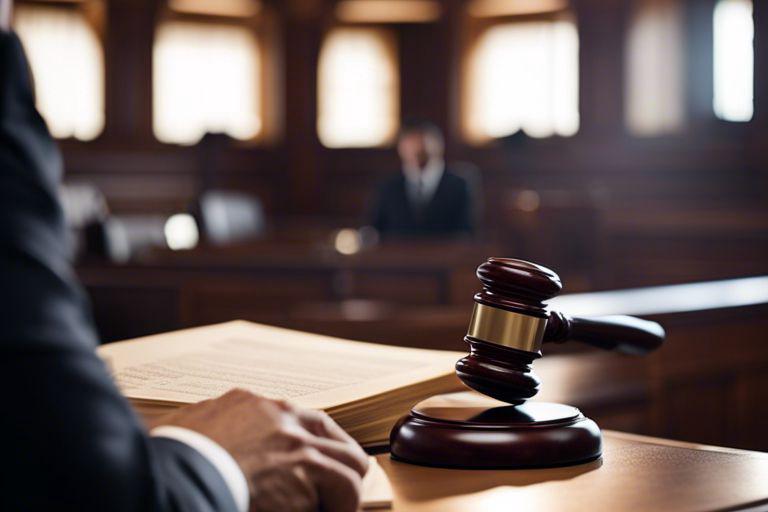

Case of estafa can be complex and challenging, but with the right approach, it is possible to achieve a successful outcome on the part of the complaining party. Knowing the dos and don’ts when filing an estafa case is crucial in ensuring that justice is served. From gathering evidence to navigating the legal process, there are key steps that can make a significant difference in the outcome of your case. In this article, we will discuss important dos and don’ts when filing an estafa case, providing valuable insights for anyone who may find themselves in a similar situation, and how to file an estafa case?
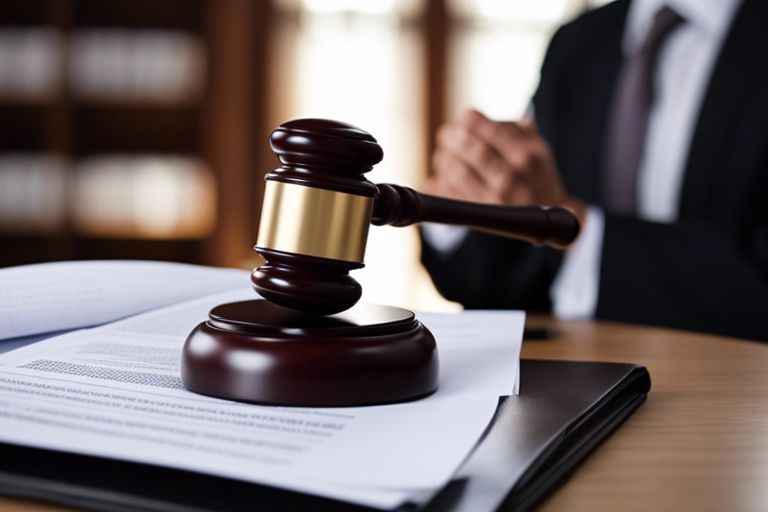
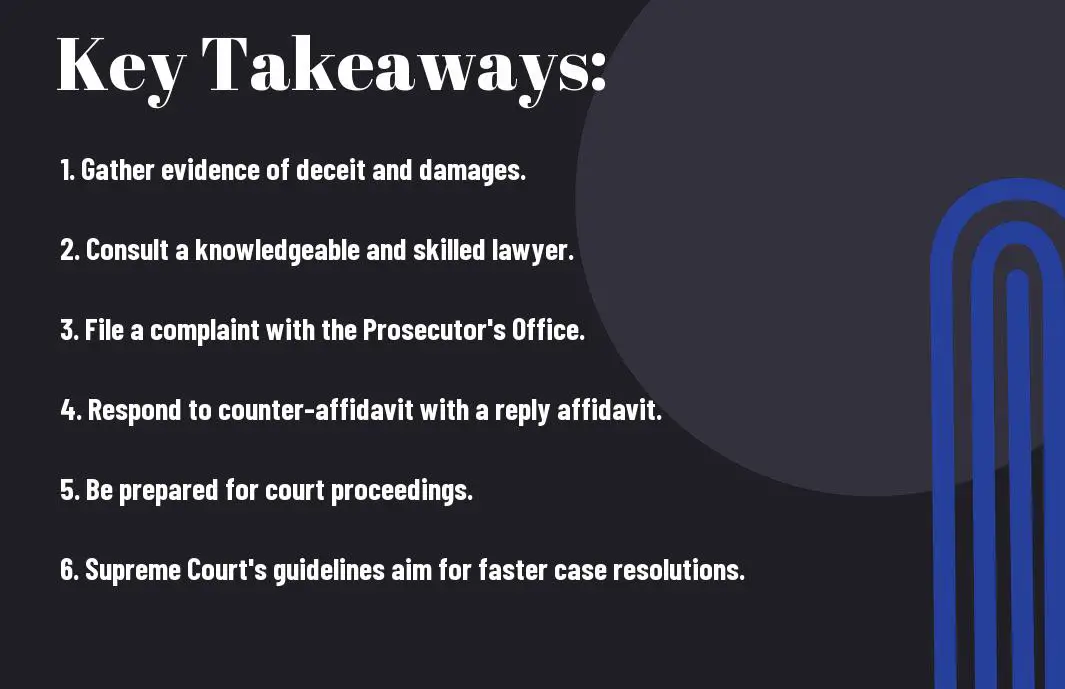
Some acts of estafa involve deceitful misrepresentation, where individuals use false identities or alter the quality, quantity, or substance of contracts to deceive others. This includes simultaneously issuing unfunded or postdated checks in payment of an existing obligation, altering the characteristics of items related to business, or availing services without payment. The penalty for estafa varies based on the amount involved, ranging from a fine to imprisonment.
The abuse of confidence is another common way estafa is committed. This includes misappropriating funds, goods, or personal property entrusted to the offender, taking advantage of a signature in blank, or altering the terms of a contract to benefit oneself. Estafa cases involving abuse of confidence can result in severe penalties, including imprisonment.
To further exploit the trust placed in them, offenders may resort to fraudulent means such as inducing others to sign documents through deceit or engaging in fraudulent practices to manipulate outcomes in their favor. This underscores the importance of being cautious and vigilant when entering into agreements or transactions to prevent falling victim to estafa.
In estafa suit, gathering evidence is crucial to build a strong case. Collect all relevant documents, such as contracts, receipts, and communication records, that demonstrate the fraud committed against you. This evidence will be vital in proving your case and seeking justice.
Securing witness statements is imperative in corroborating your claims and strengthening your action. Witnesses who have firsthand knowledge of the fraudulent activities can provide testimony to support your allegations. It is important to gather their statements as early as possible to ensure their recollections are accurate and reliable.
A witness statement can be crucial in establishing the facts of the case and providing additional perspective on the events that transpired. Make sure your witnesses are willing to testify in court if needed to further solidify your case.
Filing a complaint is the official step to initiate legal action against the offender. With the assistance of your lawyer, submit a detailed complaint to the Office of the City Prosecutor or Office of the Provincial Prosecutor. Include all relevant information, evidence, and personal details to support your claim for estafa. This formal complaint will kickstart the legal process and set the wheels in motion for seeking justice.
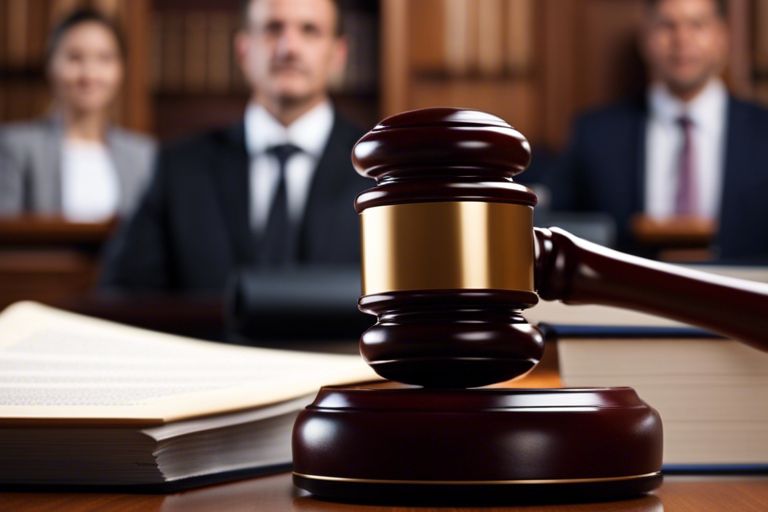
All potential victims of estafa should gather evidence before proceeding with legal action. With the incontrovertible evidence at hand and to pursue a successful estafa case, it is best to consult with an experienced lawyer who can guide you through the process and ensure all necessary paperwork is filed correctly. Additionally, keep a detailed record of all transactions and communications related to the fraud to strengthen your case.
The most important aspect to avoid when pursuing estafa charges is to refrain from taking matters into your own hands without legal advice. Secondly, avoid sharing sensitive information related to the case with unauthorized individuals, as this can compromise the integrity of your case. Lastly, do not delay in seeking legal counsel, as time is of the essence in such legal matters.
The aforementioned don’ts are crucial in avoiding potential pitfalls that may weaken your estafa case. Acting impulsively or mishandling sensitive information can significantly impact the outcome of your case, making it crucial to proceed with caution and seek professional legal assistance promptly.
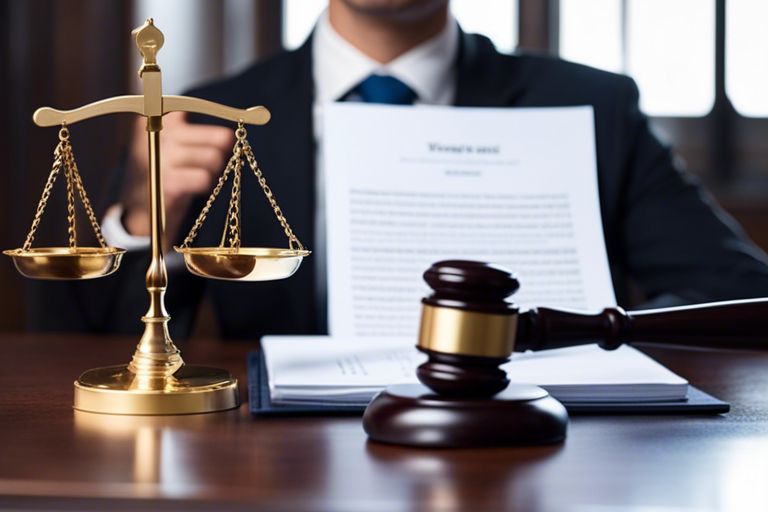
When the prosecutor finds probable cause during the preliminary investigation and eventually files the estafa case before a competent court, thorough preparation is key. It is your discretion whether to hire a private lawyer to act as your private private prosecutor or let the fiscal, as your government lawyer, handle your case.
As mentioned, it is essential to gather all relevant evidence, such as contracts, receipts, and communication records, to support your claim. Consult with your lawyer or the fiscal and ensure that all necessary documents are in order. Remember that presenting a strong case during the pre-trial phase can significantly impact the outcome of your estafa case.
Legal proceedings for an estafa case involve presenting your case in court. It is necessary to present your evidence effectively and clearly articulate the fraudulent acts committed by the offender. Ensure that your witnesses are prepared to testify and that all documents are properly authenticated. Adherence to court procedures and timely submission of evidence can strengthen your position during the trial.
It is imperative to note that under Article 315 of the Revised Penal Code, the penalty for estafa varies depending on the amount involved. Therefore, the accurate calculation and documentation of the fraud committed are crucial to the success of your case.
As a reminder, filing an estafa case requires careful consideration and legal expertise to ensure a successful outcome. It is crucial to gather strong evidence, seek the guidance of a knowledgeable lawyer, and follow the proper procedures for filing a complaint with the Office of the City Prosecutor or the Office of the Provincial Prosecutor.
Avoid taking matters into your own hands and rely on the legal system to seek justice for any damages or losses you have incurred. With the proper preparation and guidance, you can navigate the process of filing an estafa case effectively and increase your chances of a favorable resolution.
A: Estafa is the legal term for the criminal offense of swindling, involving deceit or false pretense to defraud another and cause damage or prejudice.
A: The elements of estafa include unfaithfulness or abuse of confidence, deceit or fraudulent acts, and fraudulent means as defined in Article 315 of the Revised Penal Code.
A: Estafa may be committed through unfaithfulness or abuse of confidence, deceit or fraudulent acts, and fraudulent means like altering contracts, misappropriating funds, using fictitious identities, issuing unfunded checks, and more.
A: The penalty for estafa varies based on the amount involved, ranging from arresto mayor to reclusion temporal, and may include fines in addition to imprisonment.
A: You should consider filing an estafa case if you have been a victim of deceit or fraud resulting in financial or property losses. Consulting with a lawyer can help determine if your case qualifies for legal action.
A: To file an estafa case, you will need to consult with a lawyer who will assist in gathering evidence and filing a complaint with the Office of the City Prosecutor or Office of the Provincial Prosecutor where the offense took place.
A: If you believe you are a victim of estafa, gather all relevant documentation and evidence to support your case and seek legal advice promptly to understand your options for legal recourse.